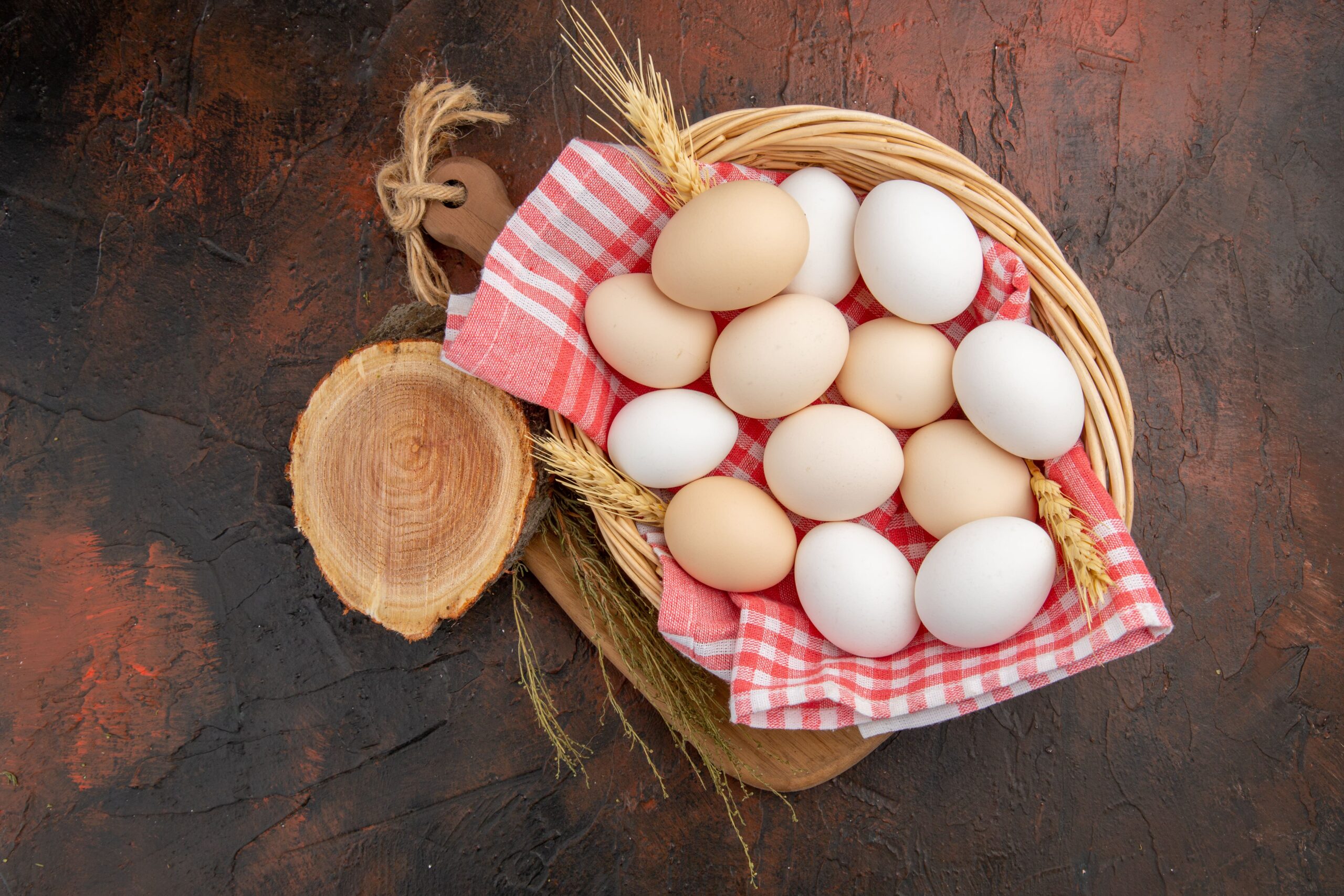Learn about egg freezing, ovarian reserve testing, and the number of cycles it takes for fertility preservation and future pregnancy plans.
Introduction
Freezing your eggs is a powerful option if you’re considering future fertility but aren’t ready to start a family just yet. It’s a deeply personal decision with its share of questions and uncertainties. One of the biggest questions many people have is: “How many eggs should I freeze?” and closely following that is, “How many cycles will it take?”
Understanding the numbers can help you feel more confident and prepared. But it’s important to remember that these numbers vary based on individual factors like age and health. What’s more important is having a clear plan and being aware of what to expect throughout the process. In this article let’s talk about egg freezing.
What is Egg Freezing?
Freezing your eggs, medically known as oocyte cryopreservation, is a process that allows you to preserve your fertility by storing your eggs at their current age. This is especially empowering for those who want to delay pregnancy for personal or medical reasons. It’s important to note that egg quality and quantity decline with age, which is why people who choose to freeze their eggs earlier often have a higher chance of success later on.
How many eggs should you freeze?
So, How many eggs should you freeze? There’s no magic number, but fertility experts typically recommend freezing anywhere between 10 to 20 eggs for one future pregnancy. Why such a range? Because not every egg will lead to a successful pregnancy. In fact, studies suggest that roughly 80-90% of eggs survive the freezing and thawing process, and of those, about 50-60% are expected to fertilize and subsequently form embryos.
The number of eggs you freeze depends on several factors, including:
- Age: As you age, both the quality and quantity of your eggs decline. For instance, if you’re in your early 30s, fewer eggs may be needed compared to someone in their late 30s or early 40s as younger women have better quality eggs or oocytes.
- Ovarian reserve: This refers to the quantity and quality of eggs remaining in your ovaries. Your ovarian reserve can be measured through blood tests (such as AMH) and an ultrasound to assess the health of your ovaries.
- Medical history: Any underlying health issues or conditions affecting fertility will influence how many eggs you’ll need to freeze.
In general, younger individuals might need to freeze fewer eggs because of better egg quality, while those over 35 might aim for more.
Number of cycles for Egg Freezing
We hope that you got some clarity about how many eggs to freeze, So now we’ll focus on How Many Cycles Will It Take. One IVF cycle typically results in the retrieval of about 10-15 eggs, depending on how your body responds to the medications, your ovarian reserve and your age. For some, this may be enough. However, for others, it could take more than one cycle to reach the number of eggs necessary for future pregnancy plans. A 2017 study published in “Fertility and Sterility” found that individuals under 35 need, on average, about 10 eggs per live birth, while those over 35 may need to freeze closer to 15-20 eggs to have a similar chance of success.
Steps Involved in Egg Freezing
Here’s a breakdown of the steps involved:
- Ovarian stimulation: You’ll take hormone injections for about 10-14 days to stimulate your ovaries to produce multiple eggs.
- Egg retrieval: Once the eggs are ready, they’re retrieved in a procedure that takes about 20-30 minutes under light sedation.
- Freezing: The retrieved eggs are frozen using a method called vitrification, which preserves them at their current quality until you’re ready to use them.
Conclusion
Freezing your eggs is a big step, and it’s essential to approach it with as much information as possible. Consulting with your doctor is key to understanding your specific fertility situation. Testing your ovarian reserve, understanding your age-related fertility potential, and discussing how many cycles may be required are all critical in planning your journey. It’s also important to remember that, while egg freezing increases your chances of future pregnancy, it’s not a guarantee. Fertility is complex, and each person’s journey is unique. But with the right information and support, you can make the decision that feels right for you.
FAQs:
- Can I freeze my eggs if I’m over 35?
Yes, you can freeze your eggs at any age, but keep in mind that egg quality declines with age. If you’re over 35, you may need to freeze more eggs to increase your chances of future pregnancy.
- How long can frozen eggs be stored?
Eggs can be stored indefinitely. Studies show that eggs can remain viable for many years, and successful pregnancies have been reported even after a decade of storage.
- Is egg freezing painful?
While egg freezing involves some discomfort, especially during the hormone stimulation phase, the egg retrieval procedure itself is done under light sedation, making it relatively pain-free.





